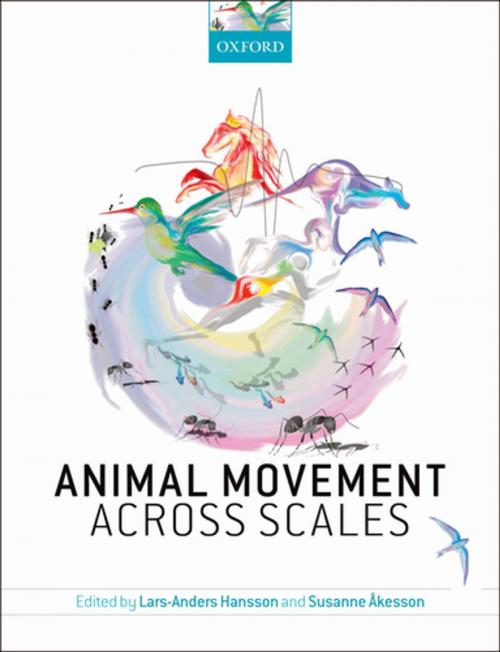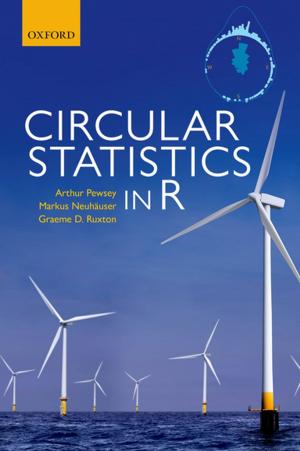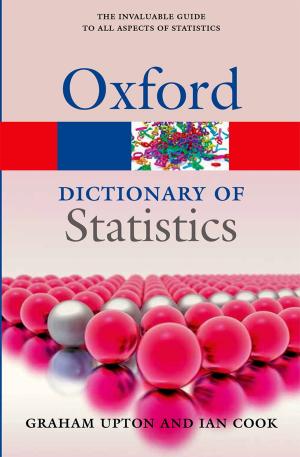Animal Movement Across Scales
Nonfiction, Science & Nature, Science, Biological Sciences, Ecology, Evolution| Author: | ISBN: | 9780191664878 | |
| Publisher: | OUP Oxford | Publication: | August 21, 2014 |
| Imprint: | OUP Oxford | Language: | English |
| Author: | |
| ISBN: | 9780191664878 |
| Publisher: | OUP Oxford |
| Publication: | August 21, 2014 |
| Imprint: | OUP Oxford |
| Language: | English |
Movement, dispersal, and migration on land, in the air, and in water, are pervading features of animal life. They are performed by a huge variety of organisms, from the smallest protozoans to the largest whales, and can extend over widely different distance scales, from the microscopic to global. Integrating the study of movement, dispersal, and migration is crucial for a detailed understanding of the spatial scale of adaptation, and for analysing the consequences of landscape and climate change as well as of invasive species. This novel book adopts a broad, cross-taxonomic approach to animal movement across both temporal and spatial scales, addressing how and why animals move, and in what ways they differ in their locomotion and navigation performance. Written by an integrated team of leading researchers, the book synthesizes our current knowledge of the genetics of movement, including gene flow and local adaptations, whilst providing a future perspective on how patterns of animal migration may change over time together with their potential evolutionary consequences. Novel technologies for tracking the movement of organisms across scales are also discussed, ranging from satellite devices for tracking global migrations to nanotechnology that can follow animals only a millimetre in size. Animal Movement Across Scales is particularly suitable for graduate level students taking courses in spatial animal ecology, animal migration, and 'movement ecology', as well as providing a source of fresh ideas and opinions for those already active within the field. It will also be of interest and use to a broader audience of professional biologists interested in animal movements and migrations.
Movement, dispersal, and migration on land, in the air, and in water, are pervading features of animal life. They are performed by a huge variety of organisms, from the smallest protozoans to the largest whales, and can extend over widely different distance scales, from the microscopic to global. Integrating the study of movement, dispersal, and migration is crucial for a detailed understanding of the spatial scale of adaptation, and for analysing the consequences of landscape and climate change as well as of invasive species. This novel book adopts a broad, cross-taxonomic approach to animal movement across both temporal and spatial scales, addressing how and why animals move, and in what ways they differ in their locomotion and navigation performance. Written by an integrated team of leading researchers, the book synthesizes our current knowledge of the genetics of movement, including gene flow and local adaptations, whilst providing a future perspective on how patterns of animal migration may change over time together with their potential evolutionary consequences. Novel technologies for tracking the movement of organisms across scales are also discussed, ranging from satellite devices for tracking global migrations to nanotechnology that can follow animals only a millimetre in size. Animal Movement Across Scales is particularly suitable for graduate level students taking courses in spatial animal ecology, animal migration, and 'movement ecology', as well as providing a source of fresh ideas and opinions for those already active within the field. It will also be of interest and use to a broader audience of professional biologists interested in animal movements and migrations.















